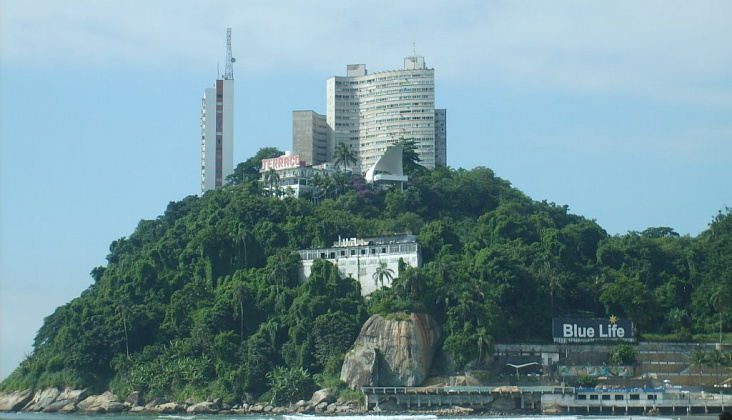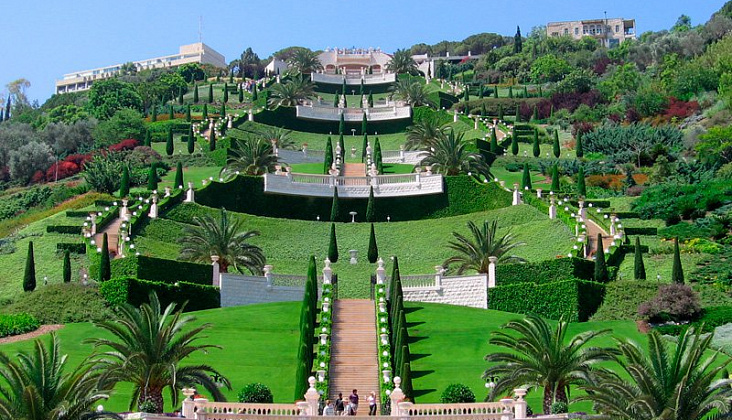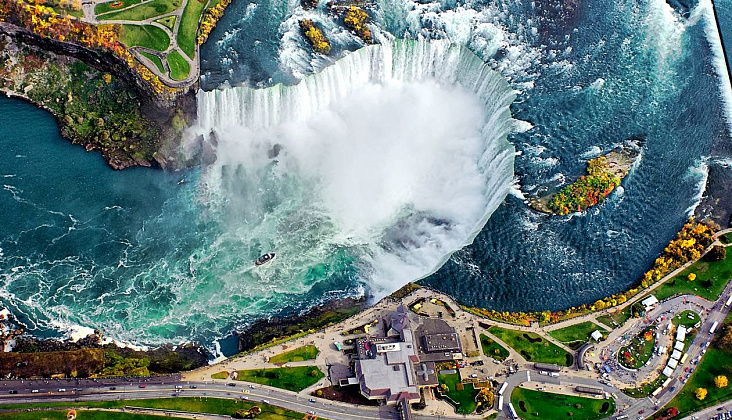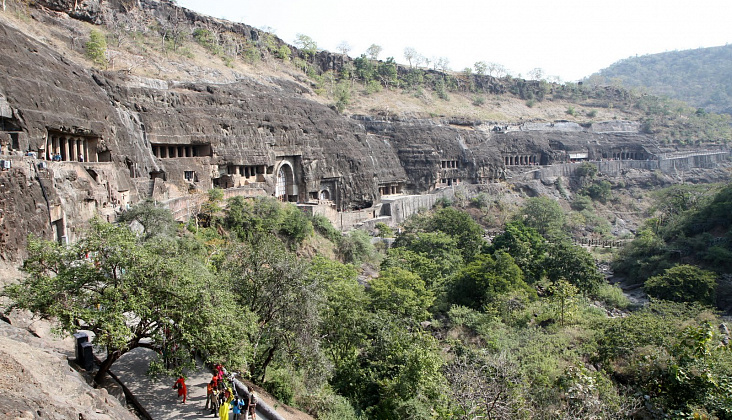Hungary – a state in Central Europe
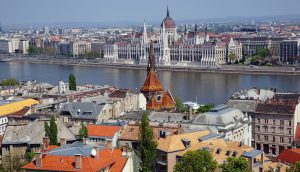 SHOPPING
SHOPPING
From Hungary, you can bring Tokay wine, “Unicum” – a bitter tonic tincture of herbs, crystal products, embroidery, and glazed dishes.
Traditional souvenirs – products of national craftsmen, ceramics, dolls in national clothes, hand-painted porcelain of the Herend plant and Zholnai, Khalash lace, antiques, Hungarian paprika, goose liver, salami “Pick”, apricot and cherry “Palinka”.
In addition, in Hungary you can purchase various quality and inexpensive clothes.
Grocery stores are open from 7.00 to 19.00 on weekdays and from 7.00 to 14.00 on Saturdays. Department stores – 10.00 to 18.00 on weekdays and from 9.00 am to 13.00 on Saturdays. Many supermarkets and private stores can work on Sundays and are often open around the clock, the inscription “Ejjeli-nappali” announces this.
WHERE TO STAY
Hotels in Budapest, unlike many European capitals, have a very high “price / quality”. Especially, oddly enough, it concerns the class “economy”. Budapest “treshka” is a full breakfast (“buffet”), cozy spacious rooms, furnished with modern furniture and friendly staff. The vast majority of hotels are very conveniently located, and employees often speak Russian.
In many cities, including Budapest, there may be thermal centers in hotels. Spa and wellness services are very popular.
SEA AND BEACHES
The quality of water in Hungarian waters remains extremely high, and Hungary’s popular tourist resorts, such as Lake Balaton, the largest freshwater lake in central Europe, which is considered exceptionally clean for swimming, are no exception.
29 beaches and five harbors for sailing boats of Hungary were awarded the “blue waves” flag, which testifies to the high quality of water, cleanliness, developed infrastructure and exceptional amenities for visitors. These beaches and harbors are located on the lakes: Ferto, Velenza, Tisza, Balaton. The water quality assessment in 256 reservoirs of Hungary showed that 220 or 90% of them are considered good for swimming, and 131 reservoirs received the highest rating.
The beaches of the northern and southern shores of Lake Balaton are significantly different from each other. In the north, the bottom more steeply goes down: after 30-50 m the depth already exceeds the height of a person. On the southern side of the lake the depth increases very smoothly, in most places you can walk along the bottom of five hundred meters: you will not have to swim.
STORY
Historically, the modern territory of Hungary was ruled in the Middle Ages by the kings of the Sicilian dynasty, from 1687 became part of the Hapsburg possessions. In the Austrian state, the Magyars played the role of a nobleman, a small military nobility.
In 1848-1849 a national revolution broke out in Hungary under the leadership of Lajos Kossuth, which was suppressed only with the help of the Russian expeditionary corps. However, in 1867 the emperor of Austria Franz-Joseph was forced to compromise with the Hungarian elite, as a result of which the Austrian empire was turned into a two-sided state – Austria-Hungary. At the same time, Budapest begins to develop as the second city of the empire.
After the First World War as a result of democratic (communist, nationalist) uprisings, the Austrian monarchy ceased to exist, and separate states of Austria, Hungary, the Kingdom of Serbs, Croats and Slovenes, and Czechoslovakia were formed on its territory.
On the wave of historical revanchism in 1938, Hungary succeeded, on the basis of the Vienna arbitrations, to seize Transylvania from Romania. And in 1940, Hungary entered into an alliance with Nazi Germany, for which she received parts of Czechoslovakia and Transcarpathia (in whose territory she occupied the Carpathian Ukraine). After the Soviet victory over Hitler’s troops, a pro-communist regime was established (the People’s Republic of Hungary – Hungary).
In 1989 there was a peaceful change of power, with the result that the power of the Communist Party was replaced by a parliamentary system.
In 2004 she joined the European Union.
He has diplomatic relations with the Russian Federation (established with the USSR since 1934, restored on September 25, 1945, and signed the Treaty on Friendly Relations and Cooperation between Russia and Hungary on December 6, 1991).
RECOMMENDATIONS AND ADVICE
It is better to carry documents and money in a special bag around your neck, or after making copies of documents, place them in a hotel safe. Also not worth carrying jewelry and a large amount of money. You should not keep in mind the expensive things in public transport. It is not recommended to exchange money with it. It is also not recommended to leave valuables and keys in the car.
When crossing the border of Hungary, officers of the Border Guard Service of the Republic of Hungary are entitled to demand documents confirming the availability of sufficient funds for the trip, as well as the availability of hotel reservation.
